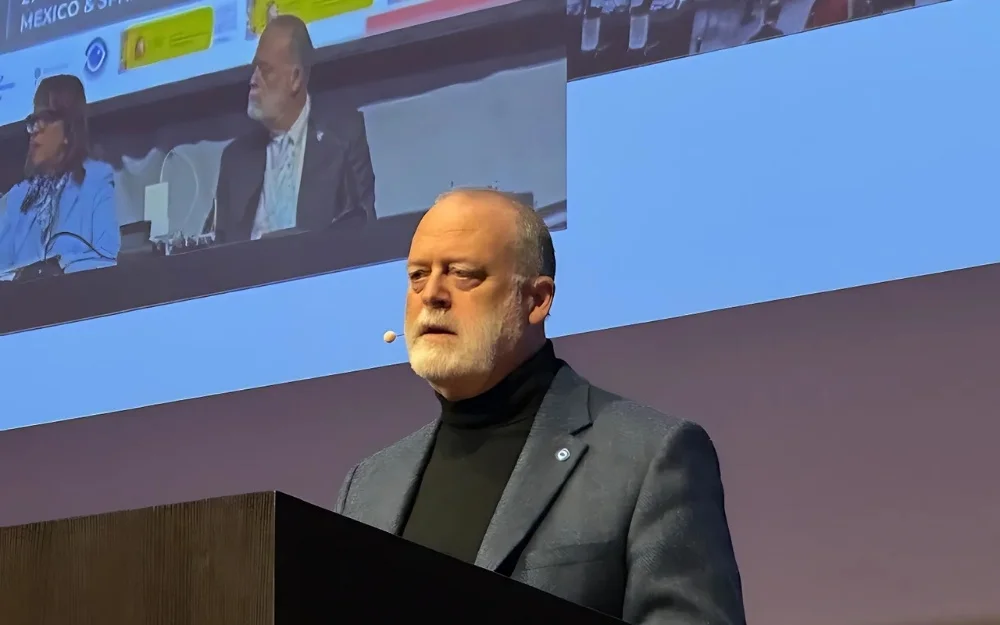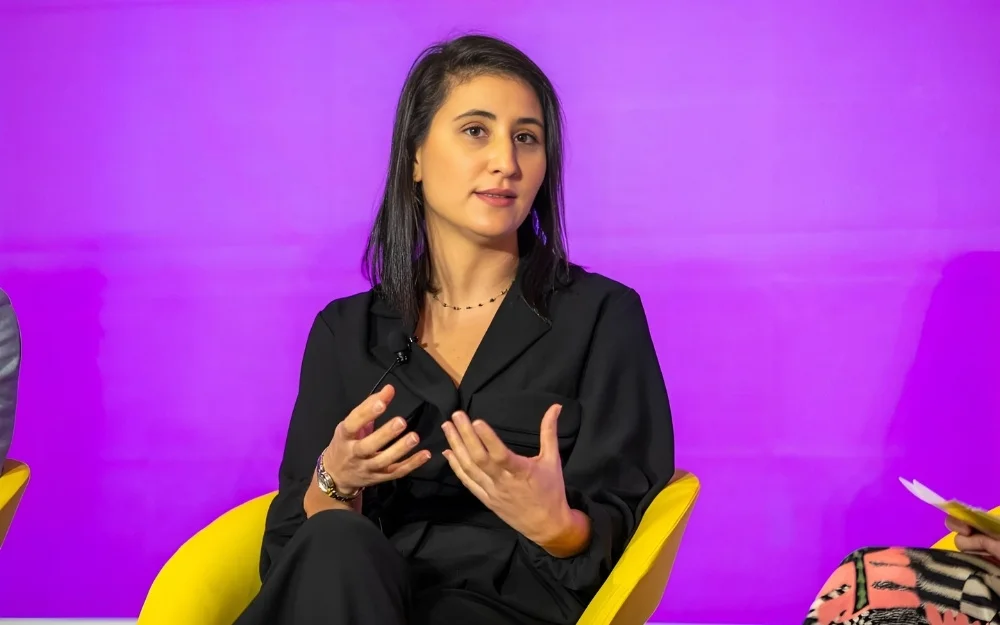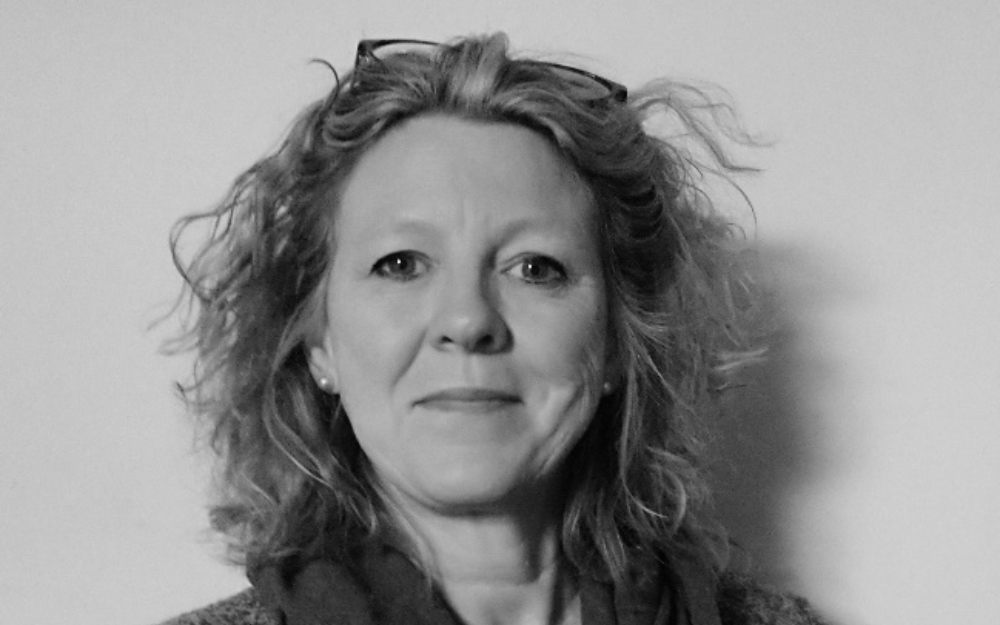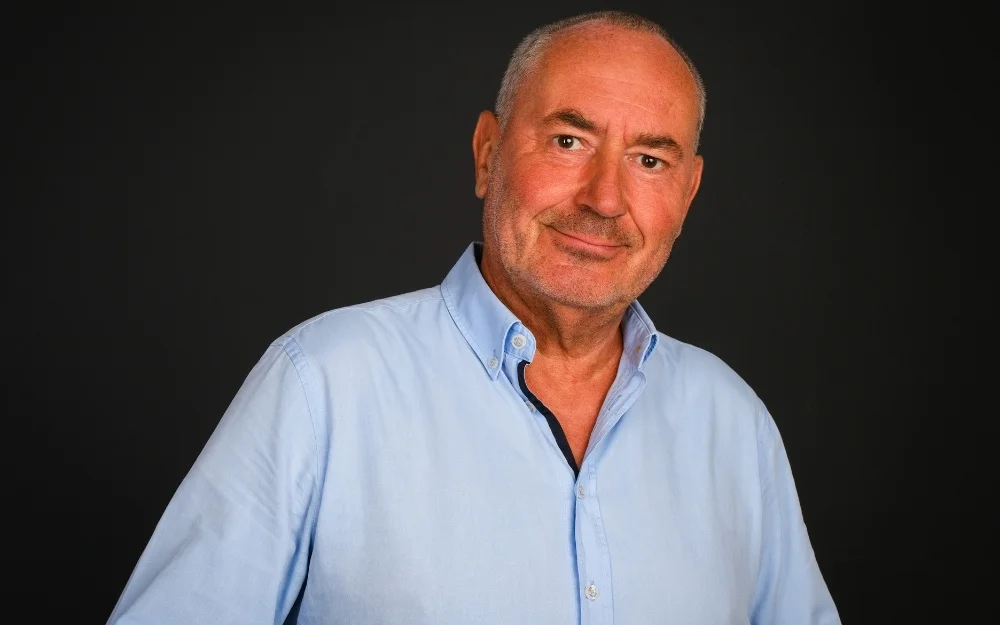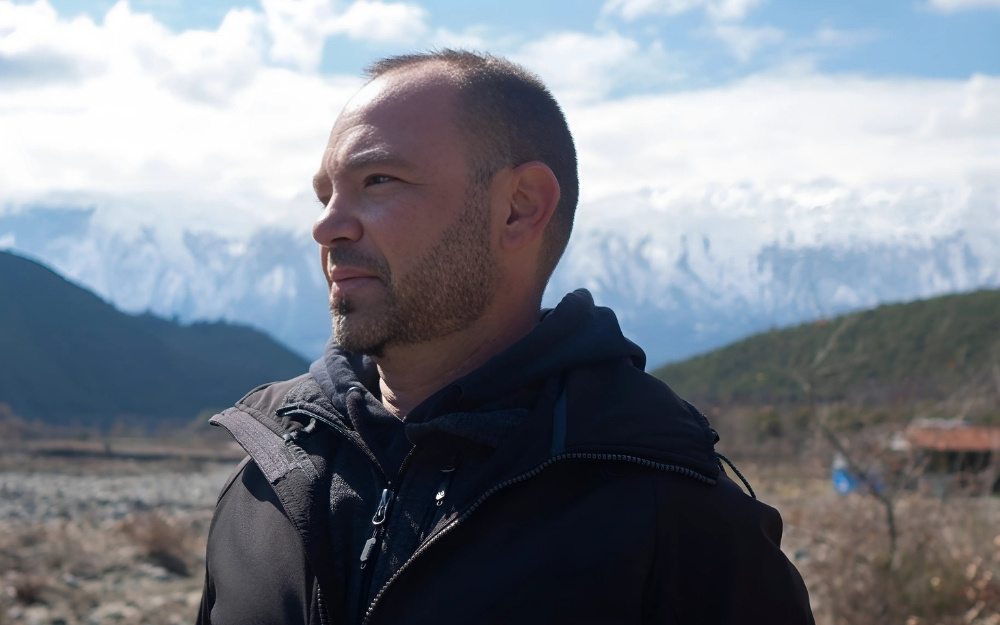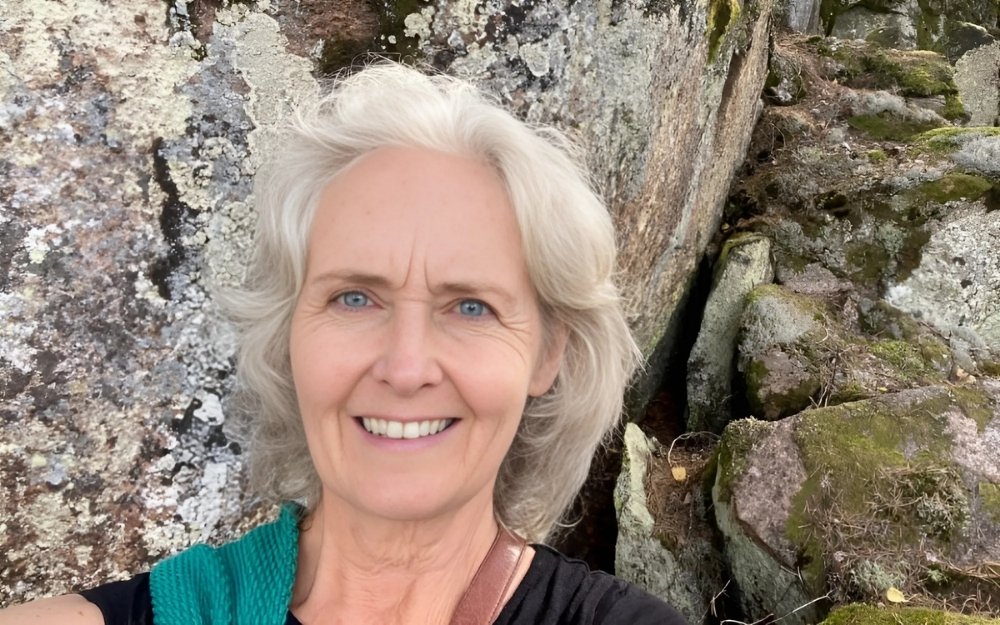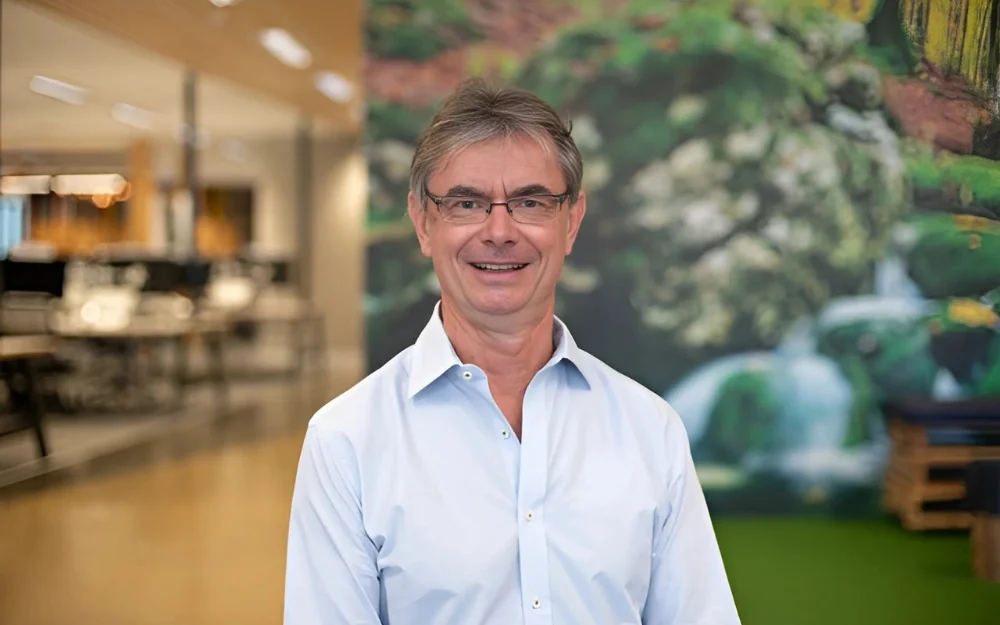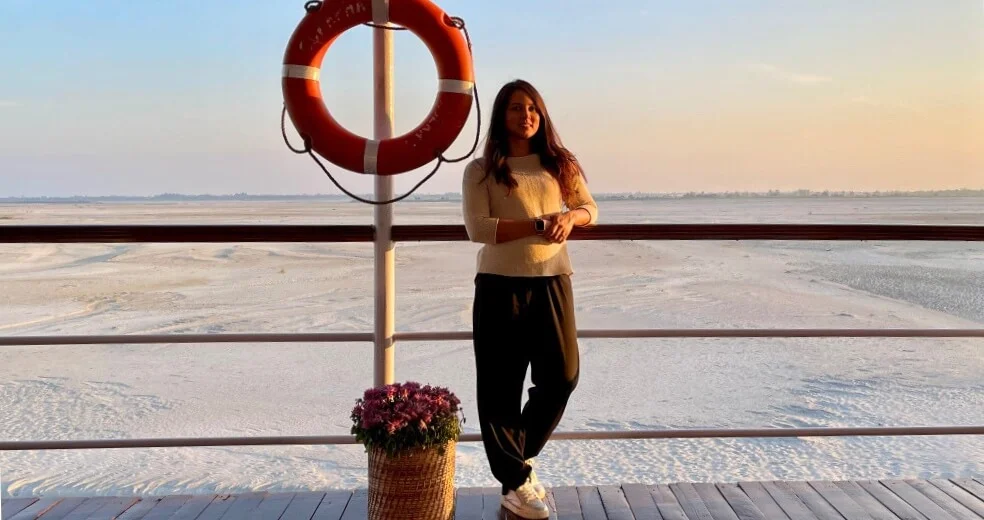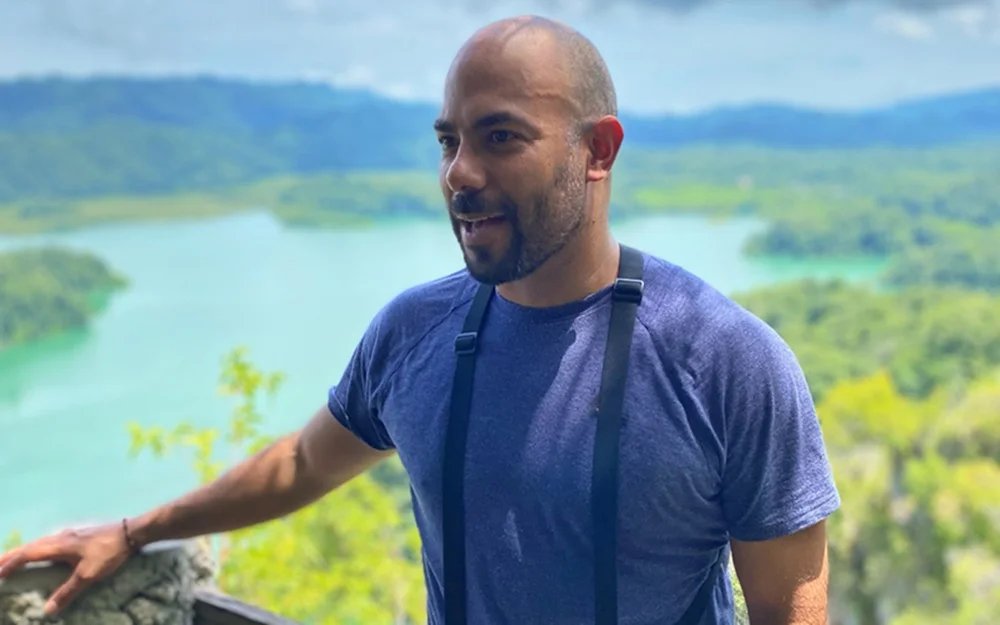Lonneke de Kort in this interview introduces us to the web portal BookDifferent.com and her latest initiative, Care for Destinations. A passionate entrepreneur, mom and avid traveller, Lonneke shares her hopes, experiences and where she sees the main challenges and priorities for tourism on its long journey towards sustainability.
Learn about:
- BookDifferent.com: its purpose and how it works;
- How Care for Destinations aims to push for a more sustainable tourism through consumer pressure and traveller reviews;
- How tourism compares with other industries in terms of sustainability;
- Key lessons Lonneke learned as social entrepreneur: her challenges and successes;
- How OTAs, such as Booking.com, “tick” and why despite their massive potential to become change agents for sustainability, they often fall short of their possibilities.
Lonneke, having started your professional career in the fashion industry, do you remember what triggered your interest in focusing on tourism and sustainability instead?
Yes, I certainly do remember what triggered my interest in sustainability. When I started working at Esprit, there was just a winter and a summer collection, nothing more and nothing less. But over time the turnover targets rose and the only way to push growth forward was to sell more products. Together with the rise of consumerism, the logic answer was to sell more collections, and more often. We ended up selling 12 collections per year, each month a new one.
The tourism industry has done exactly the same thing: offering too much of everything. This is not what we as humans need, or what our earth can handle.
So, at one point, in the middle of the French Alps – while enjoying this breath-taking scenery together with my newly born kids – I felt the urge to take action. I realized that I had to do something to make sure that the next generation can enjoy our beautiful planet and the healing energy of nature.
Rather than wait for others to do something about this increasingly unsustainable industry of tourism, I decided it was time for me to help, and that a change of industry would be the right step to take for me. Very soon after that I met the guys who had just started programming the BookDifferent website. They asked me to help them to bring BookDifferent to the market. Pretty out of the blue but an amazing opportunity, which at the time felt like a gift from heaven.
Back then, which were your thoughts and perceptions of sustainable tourism? And (how) has your view on tourism and sustainability changed since?
As a hiker and nature lover, I have always been mesmerized with the beauty of nature, the vulnerability of it and the impact you have when you are staying in it. In the mountains you will not see much litter; everybody is taking their own rubbish with them. Behaving like a responsible traveller seemed to be the norm in my earlier days – sustainability was nothing destinations and accommodations would advertise specifically.
The good thing as a newcomer to the tourism industry is that I have been able to ask all questions to everybody I felt I needed to talk to. I have asked smart questions but also dumb questions about tourism, sustainable tourism, what organisations did for this a how it works out.
I found out that sustainability was mostly approached as an internal matter, linked to operational procedures and issues, and driven by a relatively small group of convinced professionals. In many cases they are doing a great job, but the consumer does not understand it at all. And if hotel guests, for example, don’t see the benefit of sustainability, it will not work well.
Only slowly have tourism professionals begun to understand that we as industry cannot achieve sustainability by ourselves, internally, but that we need consumers and economic incentives for it to happen.
In terms of sustainability, the tourism industry is lagging behind. Look at the food industry: 30 years ago, you had a limited number of stores offering organic products, sold by men with wool socks in sandals. Now, organic food has been fully accepted. It has become a booming business with many fine shops run by young people who offer this.
Witnessing how more and more people opt for organic produce out of conviction that it is better for them and the planet gives me hope that the tourism industry will follow the same path.
You are the co-founder and CEO of BookDifferent.com. Why this initiative, and what is it about?
BookDifferent.com is an innovative hotel booking site with a mission. The purpose of this social enterprise is to push for a more sustainable tourism sector by motivating consumers and businesses to book sustainable accommodations and stay in “green” destinations.
By creating demand for sustainability, the tourism sector will be put in motion and it becomes economically attractive for other parties to invest in sustainability.
BookDifferent.com also contributes to the social and economic development of destinations by sharing its revenue with organizations that can make a difference for the destination and its people.

By applying intelligent algorithms on a database of 920,000 accommodations, BookDifferent is capable to translate sustainability-relevant information and characteristics of accommodations and destinations into understandable and easily accessible information for travellers. Thus we make it easy for consumers to choose a sustainable destination or to book a hotel room with a limited impact on the environment.
Our two main green indicators on BookDifferent.com are eco-certified hotels (we work with highly qualified partners like Green Key, Travelife, and EarthCheck, among others), and accommodations with a low carbon footprint. By using a smart algorithm we can calculate the CO2 emissions per night and guest. This algorithm has been developed together with the NHTV University of Applied Sciences in Breda, Netherlands.
To be able to achieve our objectives at BookDifferent.com, we closely work with partner organisations, especially the Travel Foundation in the UK, the World Wide Fund (WWF) and the Global Forest Fund.
How did your work with BookDifferent.com lead to your latest project, Care for Destinations? Where are the links?
A sustainable tourism sector goes beyond booking accommodation. That’s why we introduced the green travel destinations on BookDifferent.com, to help travellers make a better choice earlier in their journey. But information only based on statistics, GIS and local assessments is not very engaging.
What we learned from TripAdvisor and research conducted for us is that customers are much more responsive to what their peers say and share about an experience or destination, so we are opting for a combination of both hard and soft data to be displayed on our website. Care for Destinations will provide the soft data – traveller reviews.
In fact, review platforms, such as TripAdvisor and Booking.com, have become an effective tool to improve the performance and quality of providers in the tourism sector. With Care for Destinations we want to apply the same approach and improve nature conservation through using customer pressure tools like reviews – at destination level.
Consumer pressure, facilitated by our Care for Destinations app, will shift local priorities in favour of nature conservation and sustainable development. It will put sustainability on the agenda of all those destinations where local authorities, businesses and destination managers want to protect their brand value proposition and resources and secure their income stream.
Research shows that 4% of these 1.2 billion travellers are willing to travel more sustainably and to deliberately undertake action for a healthy planet. Care for Destinations as online platform will allow these 40 million caring travellers to leave reviews, find out what their peers think about the sustainability performance of a destination and book green accommodations, excursions and restaurants.
The following 1 minute video summarizes what our project is about:
Care for Destinations is a cooperation between WWF Netherlands (Carel Drijver), Green Destinations (Albert Salman) and BookDifferent.com (me). We created this non-profit foundation in July 2016 and have built the beta app for the pilot phase, which will start in August 2017 in the Netherlands and Brazil. If the result meets our expectations, then we’ll be ready to launch it big time in 2018.
OTAs, such as Booking.com, are only slowly embracing and encouraging sustainability and responsible travel. Yet, as intermediary and point of contact for travellers, they have tremendous potential to communicate and encourage behaviour change. What kind of adjustments to their business model would be needed to incentivize promotion of sustainable choices, for a shareholder-driven company?
The booking funnel for Booking.com, and any other OTA, is designed to optimize the number of hotel stays sold. Booking.com is using endlessly the technique of AB testing, they do very intensive research on what features lead to more bookings. They test things like: will the colour of a certain text at a certain spot in the booking screen will make an impact or difference in terms of more bookings.
The same criteria apply to green credentials of hotels: if features such as green indicators don’t lead to an increase in booked hotel nights, they will not be implemented. It goes without saying that when parties like Booking.com or Expedia give sustainability a prominent role in their organization and promote this actively, the impact would be huge.
Our theory at BookDifferent.com is that you have to make it easy for consumers and organisations to book green accommodations, and we are seeing promising results. Although most of our customers still base their first selection of accommodation on price and amenities like swimming pools, the second selection criteria are about booking accommodation with a low carbon footprint or eco-label. Of course, our website attracts primarily caring travellers and early adopters who are more receptive for this, but it is a promising start.
In the tourism industry, we are finally getting rid of outdated perceptions of sustainable travel as something to do with the smell of sweaty socks, as Xavier Font once found in his research. Instead, sustainable travel experiences are now perceived as more authentic, and neither less luxurious nor much more expensive.
The UN has declared 2017 the International Year of Sustainable Tourism for Development. In your view, which are the main destination challenges right now regarding the sustainability of travel and tourism?
This International Year of Sustainable Tourism for Development is a great opportunity, not least because of the United Nations’ credibility as an organization, and the vast network through which it can spread the word.
For destinations, the main challenge right now is to find the time and resources to implement those of the 17 Sustainable Development goals which are the most relevant for tourism, to actually start projects and to assess how the efforts of the destination will contribute to achieving those goals.
Linked to this, destinations face the challenge of communicating their sustainability initiatives and successes in a practical way which visitors, in particular, can understand and appreciate. Some of those UN goals are easier to achieve than others. Focusing on those first will help destinations to communicate their efforts to the outside world.
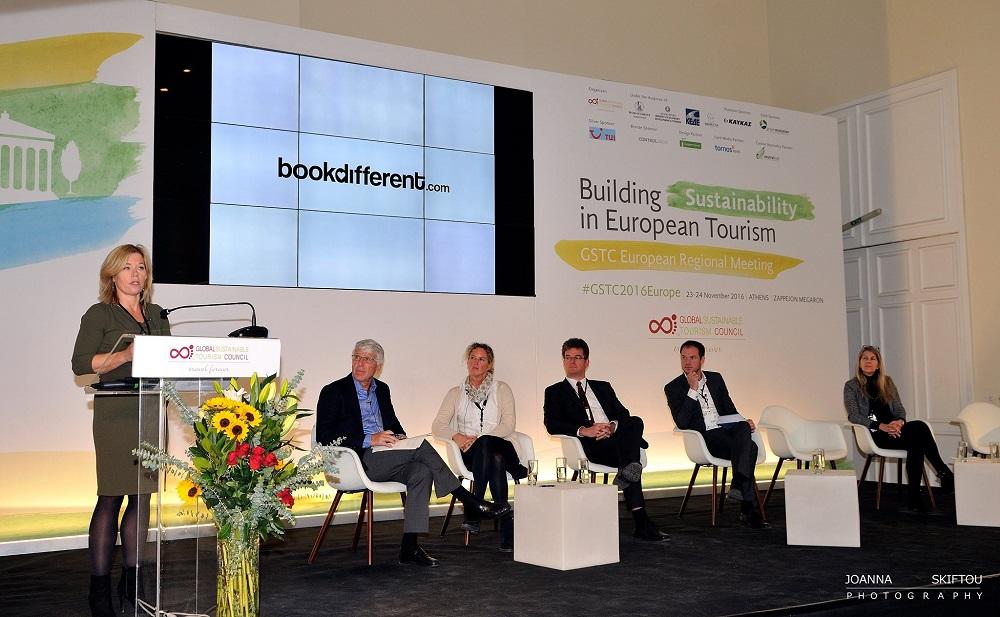
Graham Miller in his interview told us how he has given up hoping for customer demand to drive sustainability in tourism. Reflecting on your own experiences so far, which have been the main lessons for you?
I really do not agree with Graham Miller. I am convinced that customer demand is key for driving sustainability in tourism. And at this stage, we still need to actively encourage sustainable consumption, rather than wait – or hope – for consumers to take initiative and book green accommodations. This will likely change at some point, but right now travellers need help and encouragement to choose the more sustainable option. And the best way to push for it is to focus on marketplaces where interest in environmentally friendly accommodation already exists.
On the other hand, many (mostly large) organisations now have ambitions sustainability policies in place. Forced by their stakeholders, the public or government laws and regulations, these companies have to perform on this issue.
That is why we have recently launched our new BookDifferent B2B tool, which helps businesses but also public institutions to find accommodation with green credentials in our database of 920k accommodations. The tool helps them to book their accommodations in accordance with their sustainable travel policy and to reach their sustainability goals, such as reducing CO2 emissions.
TMC Raptim Humanitarian Travel is our launching customer. With them, we will do a number of pilots to test the tool over the next months. One of the organisations interested in participating in the pilot phase is a Dutch bank with a very strong CSR policy in place. We expect to expand with the tool from 2018 on.
We foresee that corporate demand in accommodation which complies with sustainability policies will create the necessary push in customer demand towards a more sustainable tourism sector. This is what we are aiming at with BookDifferent.
And let’s not forget the effect this change in corporate booking priorities and practices might have on personal booking behaviour of the employees of these organizations, especially if booking a green(er) accommodation is as easy as booking a standard hotel.
Imagine you could turn back time and start all over again. Knowing what you know now about travel and sustainability (and OTAs), what would you do differently?
We have experienced that, with regards to developing a new concept and organisation, every step we took in the five past years has been of value for building the company. We have been working on partnerships, development of the platform, worked with charities, educated, talked at conferences, created new algorithms, etc. All this worked out absolutely fine, but one important thing we forgot: We didn’t put much energy into the actual selling of our product. With sales, you can generate cash flow, and with this cash flow, you can grow. With growth, you can create a proof of concept and attract investors at an earlier stage.
Your 5 bits of advice to the many passionate entrepreneurs out there, eager to develop products and services aimed at supporting sustainability in tourism?
Reach out and talk about your concept with people experienced in your business area. Make sure your proposition is unique.
Start early in building your MVP (minimal viable product), so you can test and prove your concept, and validate your business idea. Keep adjusting your organisation and business model until you find the right way.
Start small and stay focused. When successful, take the next steps.
Developing and growing business needs time. Think in “yes I can” mode and accept setbacks as something you can learn from.
The time for sustainable tourism is NOW!
Thank you, Lonneke.
Connect with Lonneke de Kort on LinkedIn.
Enjoyed our interview with Lonneke de Kort of BookDifferent.com about OTAs, hotel bookings and destination sustainability? Share and spread the word!


